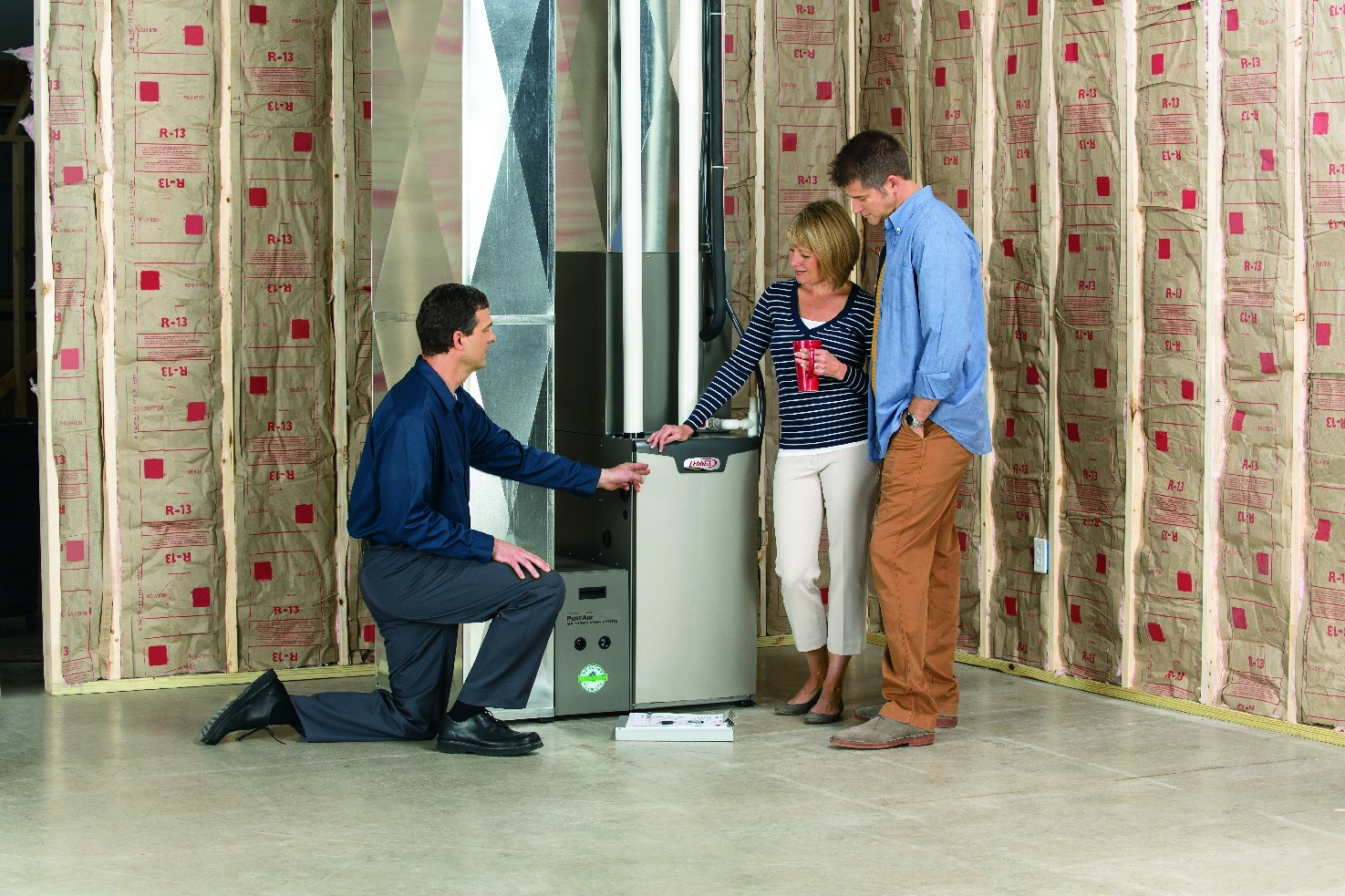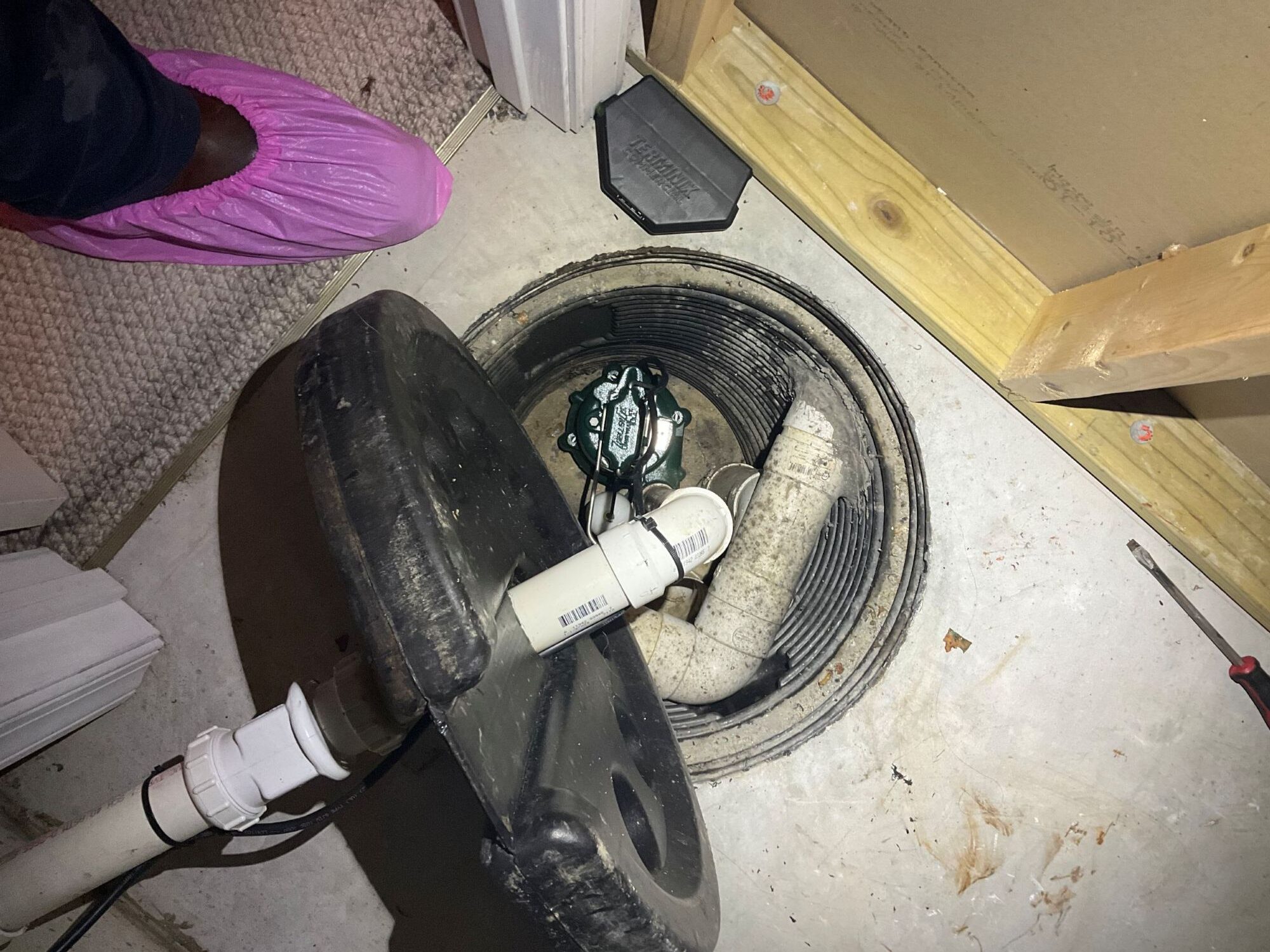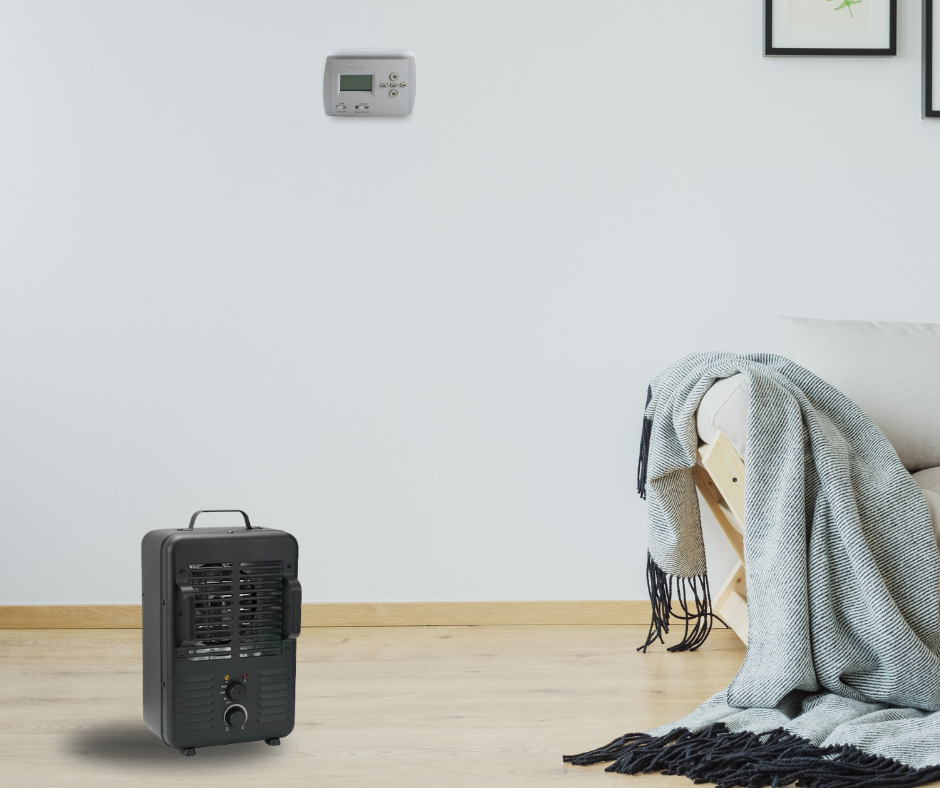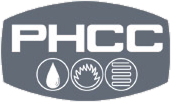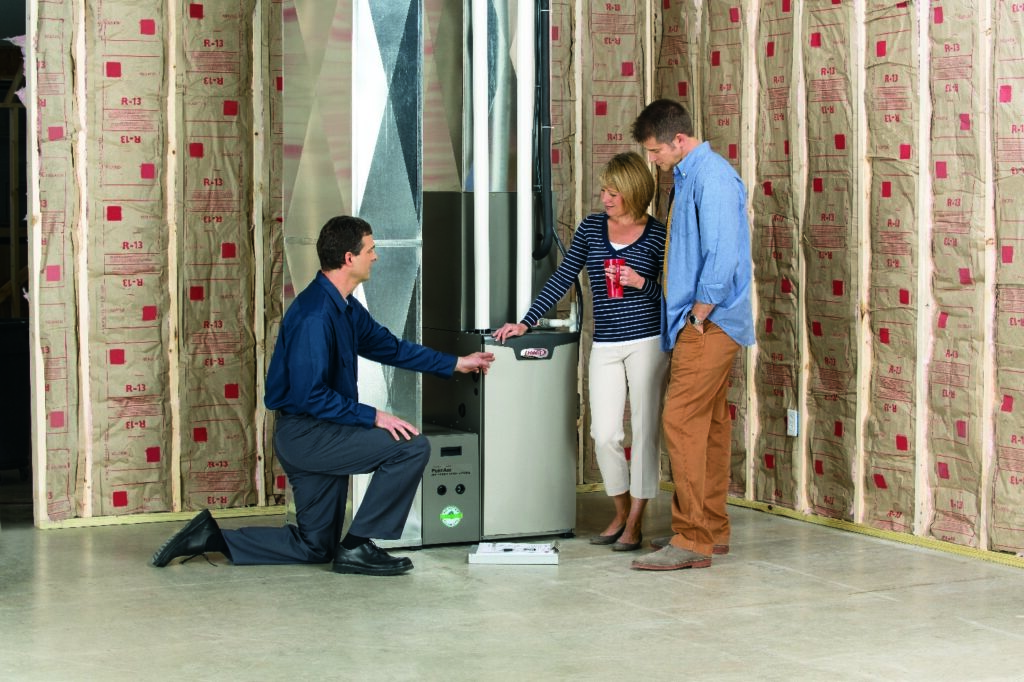
If your furnace is 15–20+ years old, keeps breaking down, or is quietly inflating your heating bills, it’s probably time to look at repair versus replacement. Start with age and safety, check the system’s AFUE efficiency, and take a look at current NJ utility rebates before making the call.
Because in New Jersey? Winter does not play around.
What are the clear signs you should consider replacement?
Furnace replacement starts making sense when:
- Your furnace is 15+ years old
- Repairs are becoming a regular thing
- Some rooms feel like Florida while others feel like Antarctica
- Your energy bills keep climbing despite routine maintenance
New Jersey racks up serious heating degree days every winter. Heating degree days measure how cold a location is over a period, directly relating to the energy required to heat structures. which means your system works hard for months at a time Marginal or aging equipment tends to show its limits faster here than in milder climates.
If comfort is slipping and costs are rising, it’s smart to request a replacement estimate alongside any repair quote. That way, you’re making a decision with real numbers in front of you—not just crossing your fingers.
When is repair the smart move in New Jersey?
Furnace repair is usually the right call when:
- The furnace is relatively new
- The issue is isolated (ignitor, thermostat, flame sensor, etc.)
- The repair cost is well under 25% of a new system
A same-day repair can absolutely get you back to warm and cozy. Princeton Air services most makes and models across Princeton, West Windsor, Hamilton, Montgomery, and more, so if it’s fixable, we’ll tell you.
How do costs compare—what should I budget for NJ?
There’s no one-size-fits-all price tag. Total installed cost depends on:
- Equipment size and efficiency level
- Ductwork condition
- Controls and thermostat upgrades
- Electrical or venting modifications
- Installation complexity
Here’s the practical guardrail:
If a repair starts creeping toward 25–50% of the cost of a properly sized replacement, it’s time to seriously evaluate replacement—especially if the system is older and comfort has been inconsistent.
For eligible homeowners, NJ utility rebates can help lower out-of-pocket costs. Just make sure you confirm current terms with your utility before moving forward.
What is AFUE—and why does it matter in NJ?
AFUE (Annual Fuel Utilization Efficiency) measures how much of the fuel your furnace uses actually becomes usable heat over a season. The higher the AFUE, the less fuel you waste.
In older New Jersey homes, upgrading to a higher-efficiency furnace often does more than just lower fuel usage. You may also see:
- More consistent airflow
- Quieter operation
- Better temperature control
- Fewer hot-and-cold room battles
That matters during those long stretches of freezing weather.
How long do furnaces typically last here?
ENERGY STAR suggests planning for replacement when a furnace hits 15 years, with many systems lasting somewhere in the 15–20 year range depending on maintenance and usage.
In the Northeast, systems work hard. Neglected units—or ones that were oversized and short-cycle—often hit end-of-life sooner. Preventative maintenance plans like Princeton Air’s Home Comfort Club can ensure that your system is getting the care it needs.
Do NJ rebates help—what should I check?
Yes, and they can make a meaningful difference.
New Jersey transitioned residential equipment incentives to gas and electric utilities. Rebate amounts and eligibility vary by provider and efficiency tier.
For example, PSE&G periodically updates its instant rebate offerings on qualifying furnaces and other HVAC equipment. Always confirm the current schedule before purchasing.
You can also combine rebates with manufacturer promotions and Princeton Air financing (subject to credit approval) to spread out costs.
What’s the safest, most practical decision path?
Here’s a straightforward way to approach it:
- Verify age and safety.
If the system is around 15–20+ years old or has safety concerns (like a suspected cracked heat exchanger), replacement should move to the top of the list. - Compare repair versus replacement costs.
If the repair estimate is approaching 25–50% of a new system—and comfort has already been declining—replacement usually delivers better long-term value. - Look at AFUE and comfort goals.
Higher efficiency, proper sizing, and correct commissioning protect comfort, performance, and noise levels. - Check rebates and financing.
Confirm current utility incentives and program rules—they change. - Schedule a right-sizing assessment.
A proper load calculation and duct review ensure your new system is sized correctly for your home and our NJ climate—not just swapped in and hoped for the best.
Why choose Princeton Air for replacement in New Jersey?
We don’t just swap boxes. We design, install, and commission systems for efficiency and comfort—then verify performance before we call it done.
We serve Mercer, Middlesex, Somerset, and Monmouth Counties, including Princeton and West Windsor, and offer options like variable-speed furnaces and smart controls to fine-tune comfort.
If you’re weighing repair versus replacement, schedule a design consultation. We’ll walk you through real numbers, real options, and what actually makes sense for your home.
Next Steps for NJ Homeowners
If age, rising repair costs, and uneven comfort are stacking up, it’s time to compare a targeted repair against a properly sized, high-efficiency replacement—along with current NJ utility rebates.
Princeton Air will review the findings in plain language and recommend what’s genuinely best for your home. No pressure. Just heat that works when you need it.
Frequently Asked Questions
How do I know if my furnace is too old to repair?
Most furnaces last 15–20 years. If yours is over 15 years old and needs major repairs, replacement is usually more cost-effective. In Central NJ, long heating seasons put extra strain on older systems, accelerating wear and increasing the likelihood of recurring breakdowns.
Is it worth repairing a 15-year-old furnace?
It can be—if the issue is minor and the repair cost is well under 25% of a new system. However, if the furnace has frequent issues, uneven heating, or rising energy bills, replacement often delivers better long-term value and reliability.
What percentage of replacement cost makes repair not worth it?
If a repair costs less than 25% of replacement, it typically makes sense. Between 25–50%, compare carefully. Once repairs exceed 50% of replacement cost—especially on an older furnace—replacement is usually the smarter financial decision.
How much does furnace replacement cost in New Jersey?
Furnace replacement costs vary based on system size, efficiency rating, ductwork condition, venting requirements, and installation complexity. An in-home assessment provides accurate pricing. Many NJ homeowners lower upfront costs by combining utility rebates, manufacturer promotions, and financing options.
What is AFUE and why does it matter?
AFUE (Annual Fuel Utilization Efficiency) measures how efficiently a furnace converts fuel into usable heat. Higher AFUE ratings mean less wasted energy and lower fuel consumption. In colder climates like New Jersey, higher-efficiency systems can significantly improve comfort and seasonal heating costs.
Are there rebates for furnace replacement in NJ?
Yes. New Jersey homeowners may qualify for rebates through their gas or electric utility when installing high-efficiency equipment. Rebate amounts vary by provider and efficiency tier, so it’s important to confirm current eligibility requirements before purchasing a new furnace.
How long does a furnace last in New Jersey?
Most furnaces last between 15 and 20 years with proper maintenance. In New Jersey, extended winter heating demands can shorten lifespan for neglected or oversized systems that cycle frequently and experience additional operational strain.
What are signs my furnace is failing?
Warning signs include uneven heating, unusual noises, frequent cycling, rising energy bills, repeated service calls, or a yellow pilot flame. If multiple symptoms occur—especially in an older unit—it may be more cost-effective and safer to replace the system.
Should I replace my furnace before it completely fails?
Yes, proactive replacement prevents emergency breakdowns during winter. Replacing before total failure allows time to compare efficiency options, secure rebates, schedule installation conveniently, and avoid peak-season delays when heating contractors are in highest demand.
